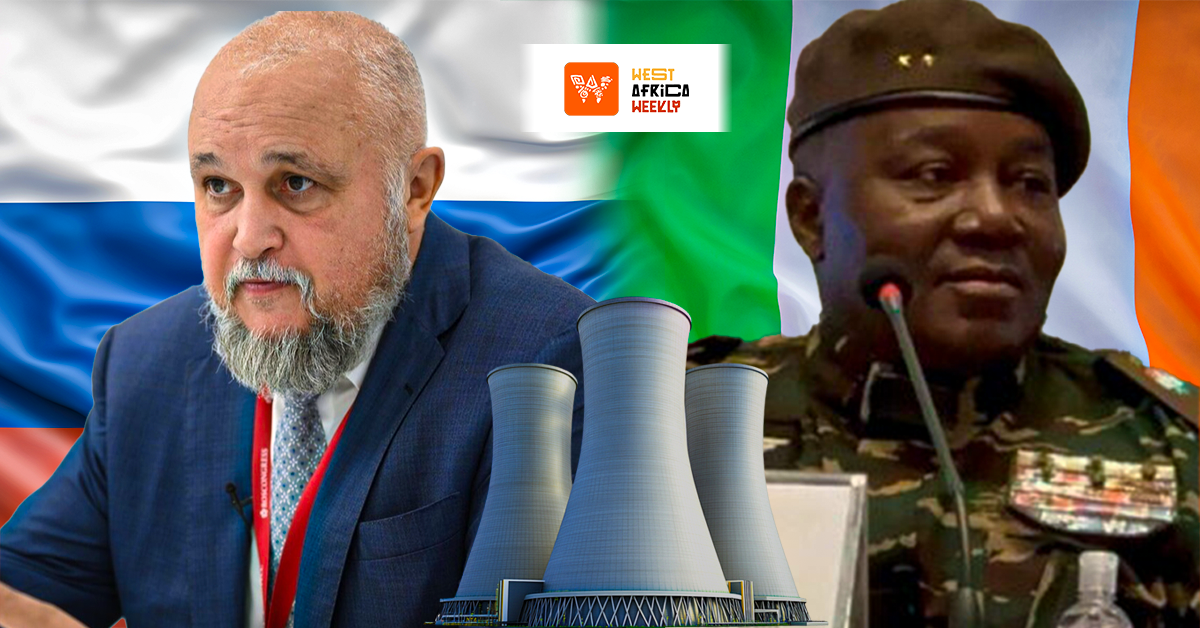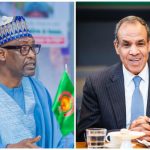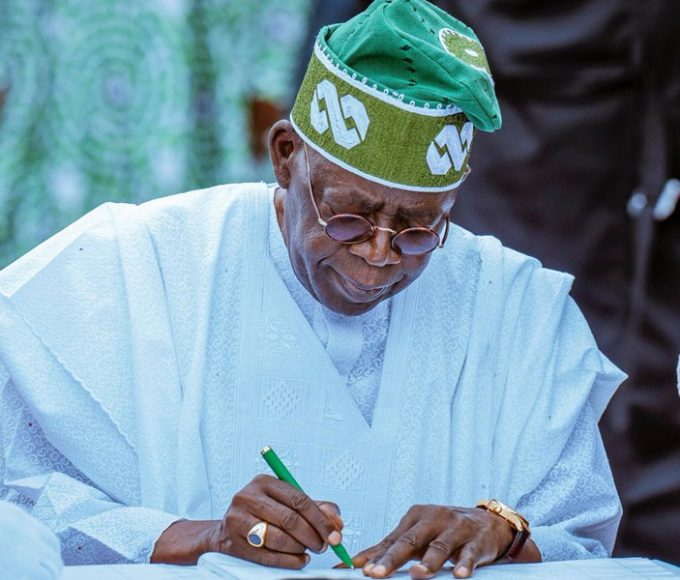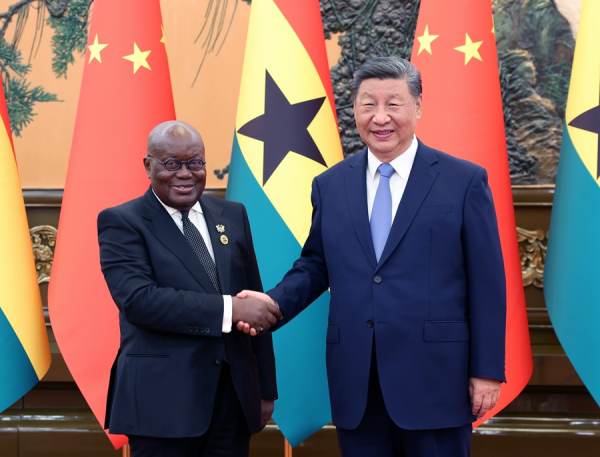
Russia Proposes Establishment Of Nuclear Power Plant in Niger

Russia has proposed building a nuclear power plant in Niger, offering broad cooperation in nuclear energy development, according to officials. The plan follows a memorandum signed in July between Nigerien authorities and Russia’s state-owned Rosatom Corporation.
Niger, home to some of the world’s largest uranium reserves, struggles with chronic electricity shortages and imports most of its power despite its resource wealth. Moscow’s offer encompasses the full scope of the “Peaceful Atom” initiative, spanning power generation and research reactors, as well as training Nigerien specialists in nuclear technology.
The proposal comes at a time of strained relations between Niger and its former colonial power, France. In June, Niger nationalised a uranium-mining operation previously run by French nuclear group Orano, signalling a decisive shift in its resource partnerships.
Read Also: Russia’s Energy Minister Meets Niger’s President, Signs Nuclear Cooperation Deal
The move has opened the door for Russia to position itself as a strategic alternative partner in the energy sector. While there are cautions that such a project may be impractical and unlikely to materialise in the near term, the initiative underscores Moscow’s efforts to expand its geopolitical influence in Africa, particularly in regions where Western influence is in retreat.
However, if realised, the project would mark the first nuclear power development in West Africa. Beyond electricity generation, the agreement also highlights potential medical applications and a strong emphasis on training local expertise.
Our task is not simply to participate in uranium mining. We must create an entire system for the development of peaceful atomic energy in Niger, Russian Energy Minister Sergei Tsivilev declared on 28 July during a visit to Niamey.
An article published by the BBC notes that if the nuclear plant proposal faces obstacles, Russia’s outreach resonates with growing frustration in Niger over limited development despite its vast natural resources. For now, the discussions remain at an early stage, but the proposal reflects a broader trend of shifting alliances in the Sahel.
About The Author
Related Articles
Deadly Airstrikes in Borno Expose Tinubu Government’s Focus on Benin Deployment Over Proper Air Force Training
A Nigerian Air Force (NAF) jet has reportedly mistakenly bombed civilians in...
ByWest Africa WeeklyDecember 16, 2025MLMs Like Neolife Face Rising Criticism in Nigeria Over Financial Losses, Psychological Stress, and ‘Brainwashing’ of Young People
Multi-level marketing (MLM) companies operating in Nigeria, including well-known names such as...
ByWest Africa WeeklyDecember 16, 2025China Backs Ghana’s Drive for Responsible and Sustainable Mining
China has reaffirmed its commitment to working with Ghana to advance sustainable...
ByWest Africa WeeklyDecember 16, 2025Nigeria Awaits FIFA Ruling Over DR Congo Player Eligibility
Nigeria is awaiting a decision from FIFA following an ongoing investigation into...
ByWest Africa WeeklyDecember 16, 2025












Leave a comment